HEALTH CARE ACCESS
The Honduran government provides two different types of health centers throughout rural Honduras: Centros de Salud Médico Odontológico (CESAMOs) and Centros de Salud Rural (CESARs). CESAMOs are the larger of the two, often found in municipalities, and typically have at least one physician on staff at all times with nurses and potentially a dentist. CESARs are found sporadically in rural communities and generally have a single nurse available. Even with this coverage, it is important to note that medications, supplies, and materials are often not available in these health centers and the physician density in Honduras remains around 1,220 people for every one doctor. According to the World Health Organization, there should be a maximum of 435 people per physician to qualify a country as having adequate access to medical attention.
While there is no health center in the community of Los Huatales, there is a CESAMO, or the larger of the two health centers, in the community of Los Langues. This community is located approximately 1.5 km away from Los Huatales. While community members can access consultations with a physician in the CESAMOs, they often do not have the necessary medications or supplies. The most common health needs in Los Huatales as reported by community members are intestinal infections and diseases, diabetes, headaches, and difficulty with sight.


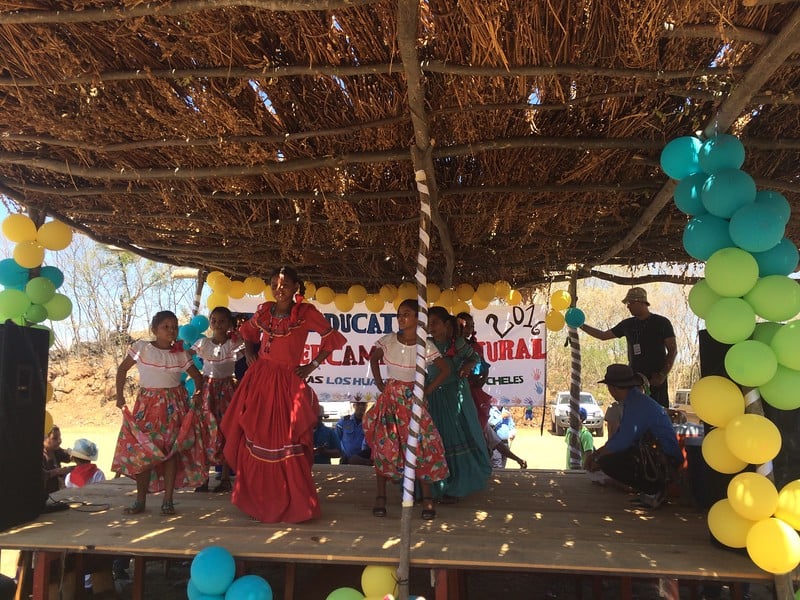 Los Huatales is located on an island called Zacate Grande on the Pacific Coast and the southern tip of Honduras. Many homes are built on the edge of the mangrove forest where people own small boats and most families dedicate their livelihoods to fishing. Due to the geography, the community is also filled with boulders and rocks that make for poor road conditions and lower accessibility to neighboring towns. There is an elementary school in Los Huatales for children up to sixth grade, but children must travel to a nearby community in order to attend grades 7-9. If they choose to continue to secondary school, they will have to travel to the nearest municipality, approximately 30 km away. The nearest health center to Los Huatales is in the neighboring community Los Langues, about 1.5 km away.
Los Huatales is located on an island called Zacate Grande on the Pacific Coast and the southern tip of Honduras. Many homes are built on the edge of the mangrove forest where people own small boats and most families dedicate their livelihoods to fishing. Due to the geography, the community is also filled with boulders and rocks that make for poor road conditions and lower accessibility to neighboring towns. There is an elementary school in Los Huatales for children up to sixth grade, but children must travel to a nearby community in order to attend grades 7-9. If they choose to continue to secondary school, they will have to travel to the nearest municipality, approximately 30 km away. The nearest health center to Los Huatales is in the neighboring community Los Langues, about 1.5 km away. 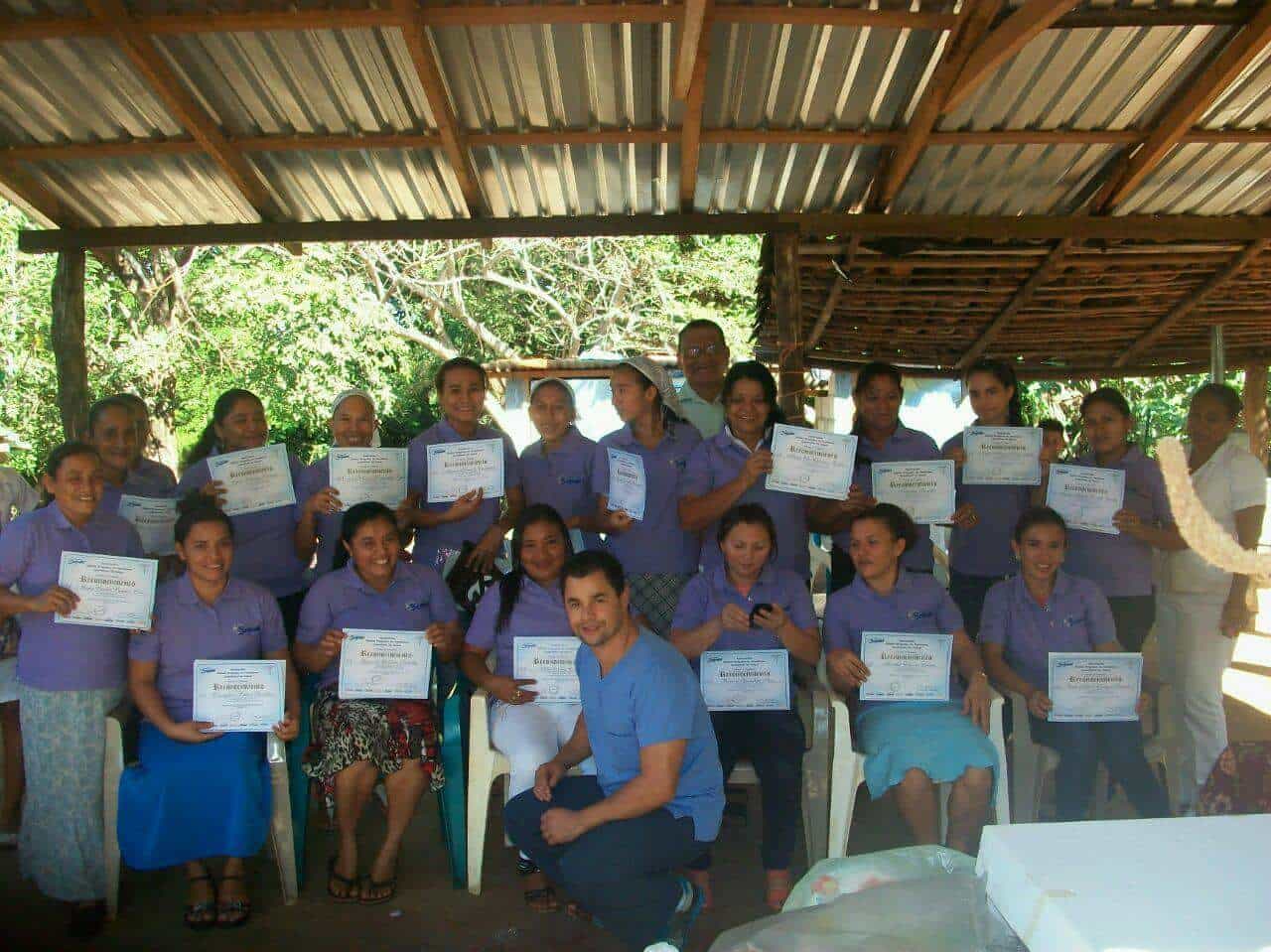 COMMUNITY HEALTH WORKERS
COMMUNITY HEALTH WORKERS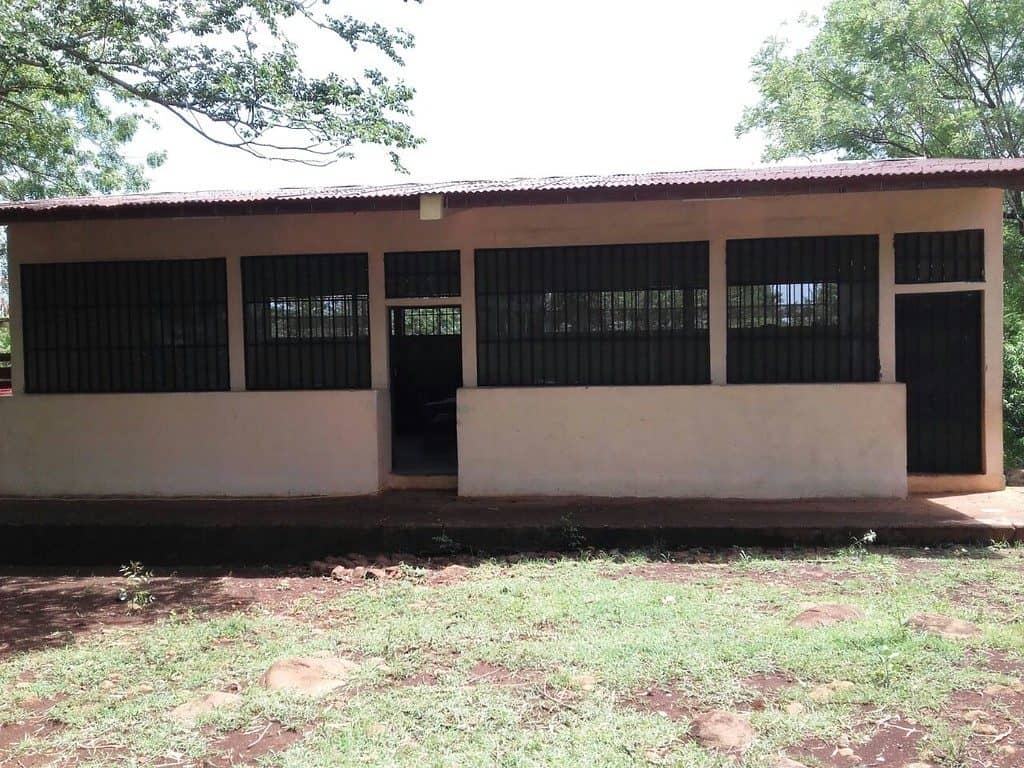 BRIGADE INFORMATION
BRIGADE INFORMATION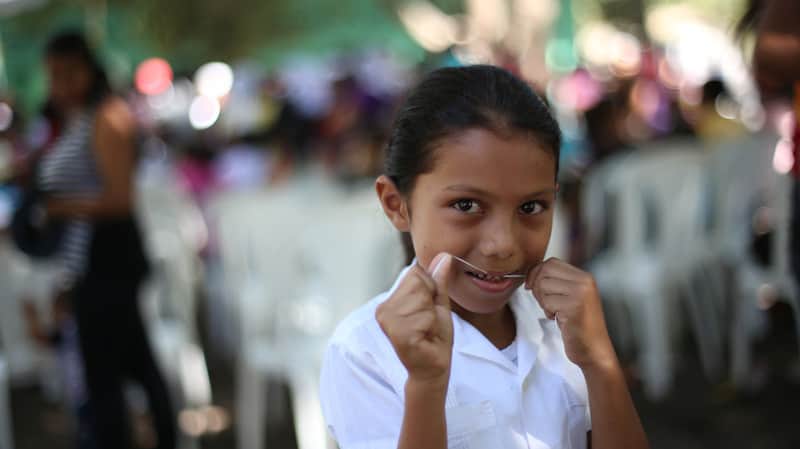
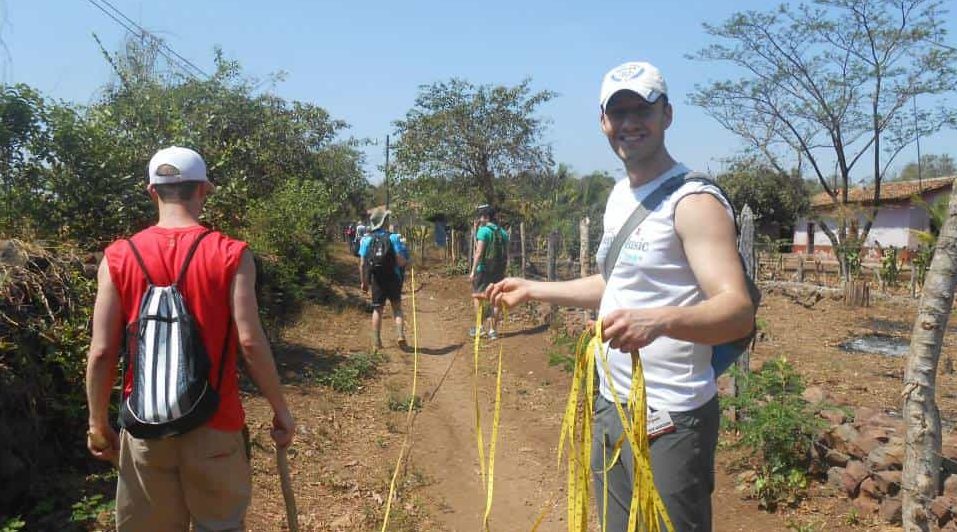 LOS HUATALES’ ENGINEERING SOLUTION
LOS HUATALES’ ENGINEERING SOLUTION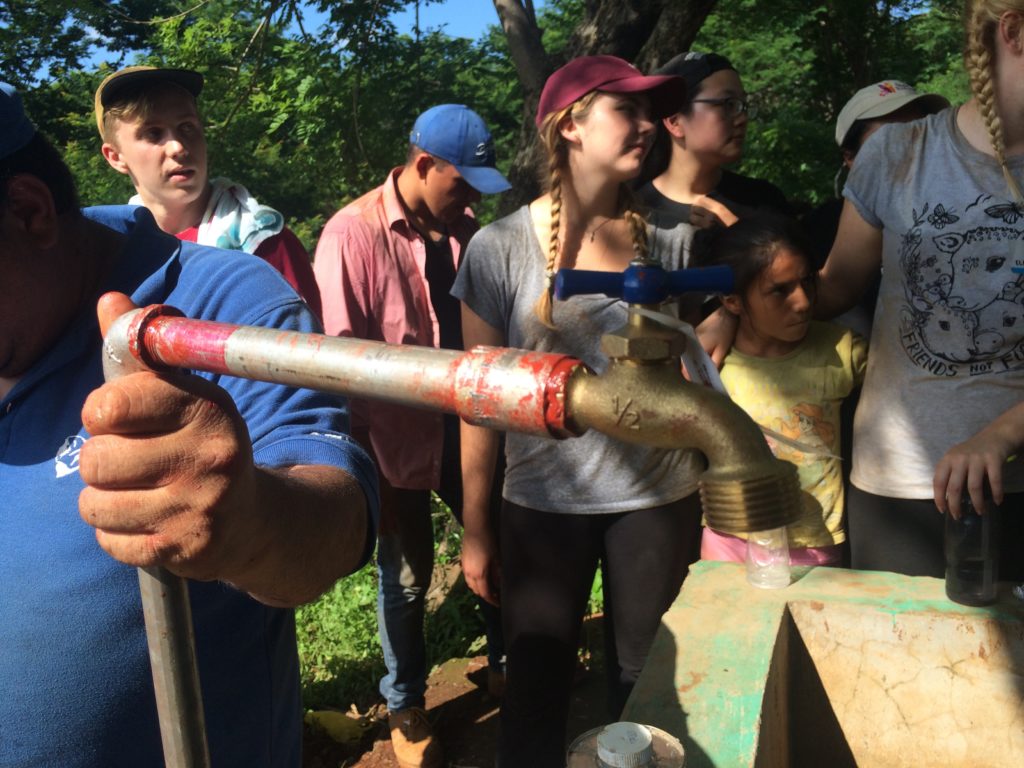
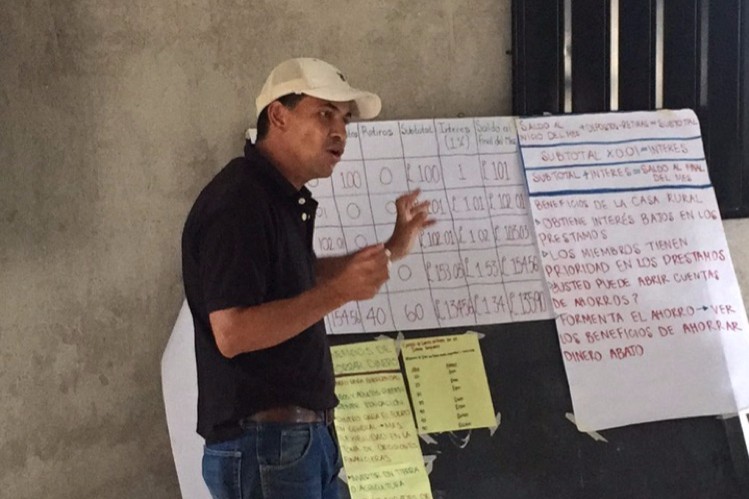 LOS HUATALES’ MICRO-FINANCE SOLUTION:
LOS HUATALES’ MICRO-FINANCE SOLUTION: